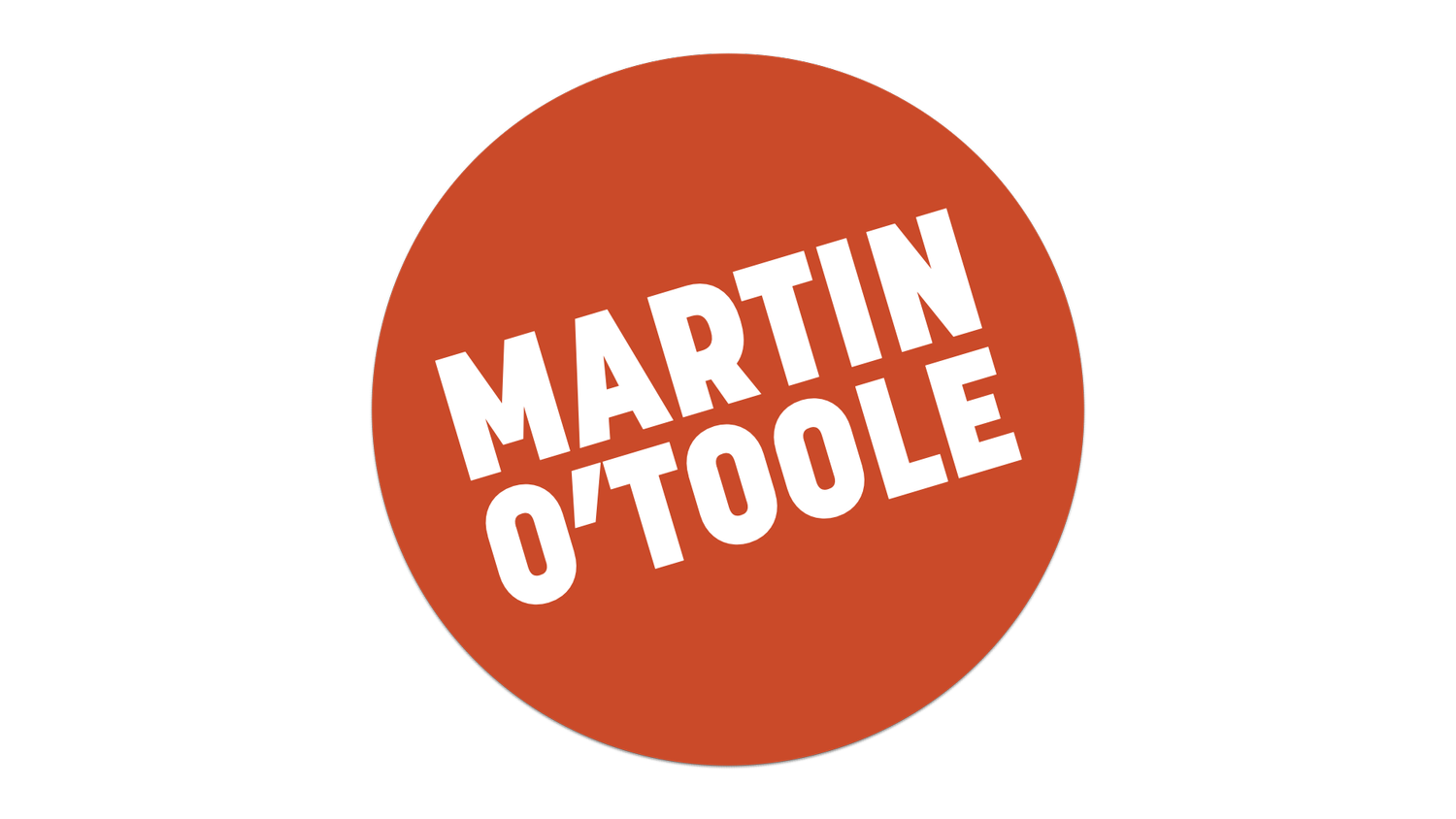Unf*ck yourself with Russell Brand’s 12 Steps
[Editor’s Pick on Elephant Journal, 28.5k reads]
When I read Russell Brand’s Recovery: Freedom From Our Addictions, I came to the conclusion that his take on the 12-Steps shouldn’t apply exclusively to addicts.
In fact, I’m of the firm opinion that his 12-Steps are a pretty awesome opportunity to treat the human condition in general. And since we may all suffer from mental illness in one form or another, our lives and relationships could be drastically improved by following these steps. To me, this is a genuinely exciting prospect.
Trauma is normal
As an addict, my weapons of choice were alcohol and cocaine. But during all those years of self-abuse, the list also included cigarettes, marijuana, cake, tech, sex, violence, and drama. Just like every other addict, my original problems did not derive from my addiction (though naturally, it created entirely new problems). The thing I had to tackle was the root traumas from earlier times in my life. It was my traumas and subsequent psychological reaction to them which led me to find solace and attachment in these worldly distractions.
The thing is, we don’t have to be addicts to qualify for mental illness status. Most of us have suffered some kind of trauma. Whether we know or accept it, be them large or small, these events often stay with us—and even now, have a profound affect on how we think, feel, and interact with our fellow humans.
Self-healing
As a self-healed addict, I chose a path of alternative therapies, and in healing my traumas, I healed my addiction. In doing this work, I also became aware of—and said farewell to —a number of very unhealthy traits, including an acute lack of empathy, narcissistic gaslighting, dishonesty, aggression, impatience, depression, as well as a tendency toward self-harming. Who knew?!
It never occurred to me at the time that there might be some kind of framework already available for me to use. I was aware of the 12-Steps, but as a lapsed Catholic with no spiritual tendencies at the time, the overtly “Godly” nature of the 12-Steps had rather repelled me. If you’re not already aware of the original Steps, you can read them here.
Before commencing my role as support worker at a rehab clinic, I was actively encouraged to learn the 12-Steps. It was in preparing for this role that I was introduced to Russell Brand’s version, which were more in-line with my tone and way of thinking. I don’t mean the gratuitous swearing. I mean the clear, authentic, and simply human way in which he lays it down.
Russell Brand’s 12-Steps:
Are you a bit fucked?
Could you not be fucked?
Are you, on your own, going to “unfuck” yourself?
Write down all the things that are fucking you up or have ever fucked you up and don’t lie or leave anything out.
Honestly tell someone trustworthy about how fucked you are.
Well, that’s revealed a lot of fucked-up patterns. Do you want to stop it? Seriously?
Are you willing to live in a new way that’s not all about you and your previous, fucked-up stuff? You have to.
Prepare to apologise to everyone for everything affected by your being so fucked-up.
Now apologise. Unless that would make things worse.
Watch out for fucked-up thinking and behaviour and be honest when it happens.
Stay connected to your new perspective.
Look at life less selfishly, be nice to everyone, help people if you can.
Any of the above resonating?
Wherever you are on your journey toward forgiveness, self-love, healing, or enlightenment, I invite you to consider working through these exercises — a universal framework for self-healing.
Yung Pueblo wrote: “Your healing lifts up the ocean of existence. When you heal, we all heal.” Hopefully you now see why I’m so excited.
Self-healing is hard. I mean really fuckin’ hard. For me, the hardest part was accepting that I needed to do it (Step One). I’ve got to tell you though: not one day goes by without me expressing gratitude to myself for taking that first step. Not a single day.

